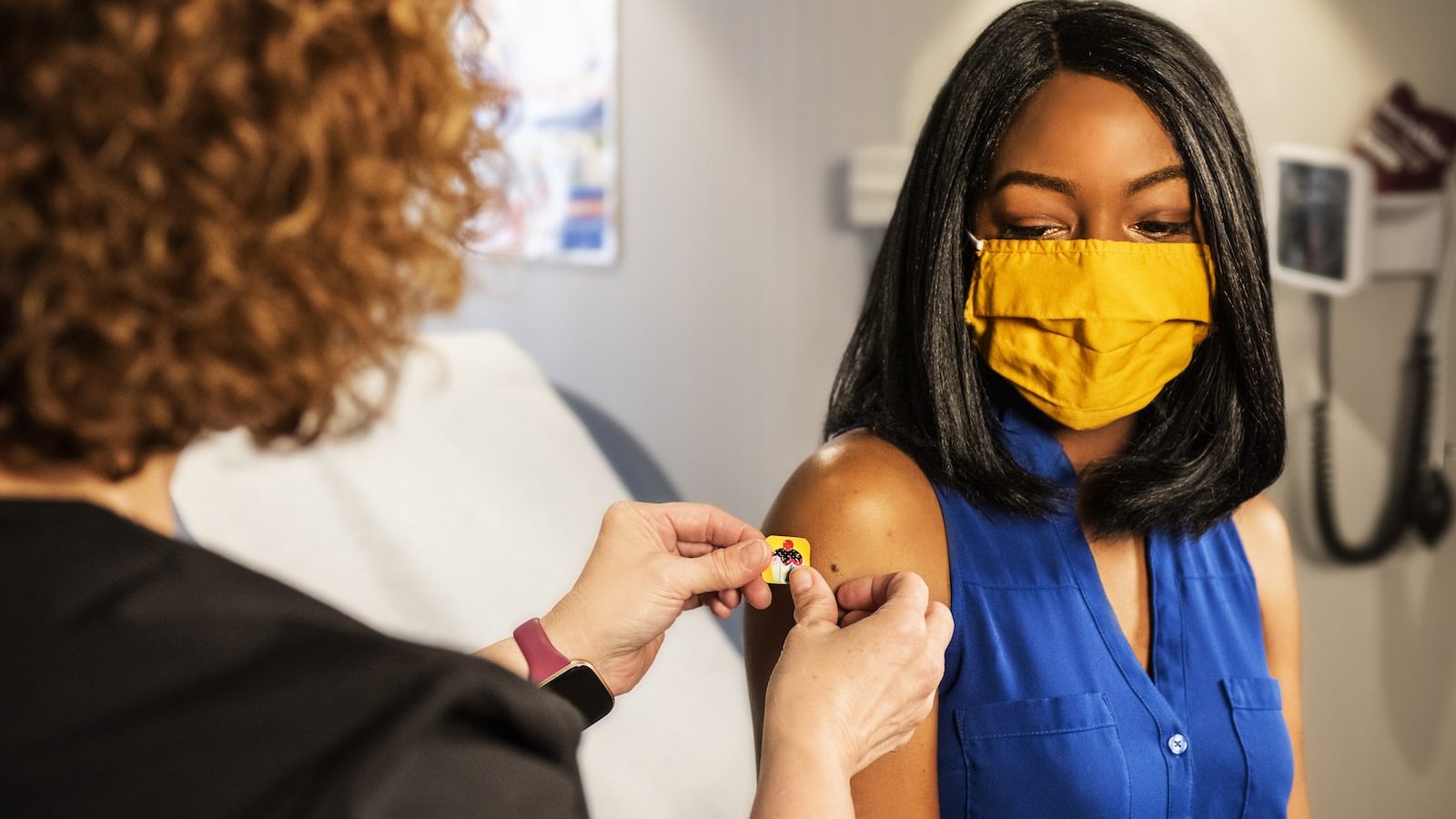Overview
Human Papillomavirus (HPV) is the fourth biggest cause of mortality amongst women in Brazil according to the Pan American Health Organisation (PAHO) but COVID-19 has stalled HPV vaccine programmes and changed attitudes towards vaccines.
This research set out to identify drivers of vaccine confidence that can be activated via a social media campaign to support the successful continuation of HPV programmes across Latin America.
Ultimately, the biggest challenge we encountered in research was not hesitancy or rejection. It was a lack of awareness around basic information about HPV vaccination. While outright rejection of the HPV vaccine is rare, people simply didn’t understand when the vaccine is available, why it’s important or when they can take it. As such, our recommendations focused on closing the confidence gap by increasing awareness of the benefits of HPV immunisation, as well as the path to vaccination.
Methodology
Using robust online surveys, emotional insight focus-groups, and co-creation workshops, this research explored the dynamic between mothers and daughters in shaping rational and emotional drivers of vaccine confidence relating to the HPV vaccines, digging deeply into
the role that social media can play.
This multi-phased research approach applied frameworks including behavioural science, anthropology, sociology, and semiotics to identify actionable insights and opportunities for intervention, as well as clear recommendations for future social media campaigns that can drive vaccine confidence and uptake.
Findings
At launch, vaccination efforts delivered a first dose to 90% of eligible people across the country but the delivery of follow-up doses and vaccination of other cohorts declined with time. Today, it is estimated that about 58% of Brazilian girls and adolescents between 9 and 15 years have received two doses of vaccine. Among 11-15 years old boys and adolescents, only about 38% have received two doses of vaccine.
Vaccine confidence is strong among Brazilian women. Our respondents were confident that vaccines work with 8 in 10 Brazilian women (81%) strongly agreeing that vaccines, in general, are effective.
The biggest challenge we encountered in research is not hesitancy or rejection. It is a lack of awareness around basic information about HPV vaccination. Outright rejection of the HPV vaccine is rare, people simply don’t understand when the vaccine is available, why it’s important or when they can take it. There are specific gaps in knowledge around why the vaccine is given so early, who it should be given to, or how many doses were needed.
Phase 1: Measuring Vaccine Confidence.
There is an information challenge that must be addressed.
Q – Do you know what the Human papillomavirus (HPV) vaccine is for? (Those not leaning towards taking HPV vaccine)
To win we need to get the fundamentals of communication right, before we consider innovation we need to create a framework for communications. We need to grow awareness around the HPV vaccination to a wide audience. We need to provide clear, concise and credible information to help our audience understand why vaccination is vital. We need to reinforce messaging with timely and relevant reminders of when, where, and how to access vaccination. We have to encourage Health Care Professionals (HCPs) to become active ambassadors.



